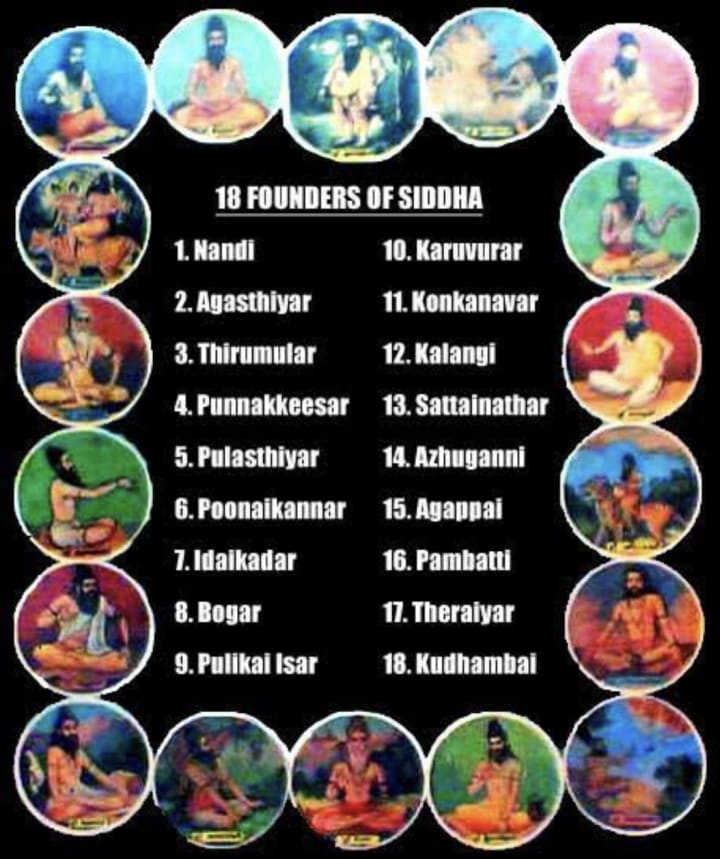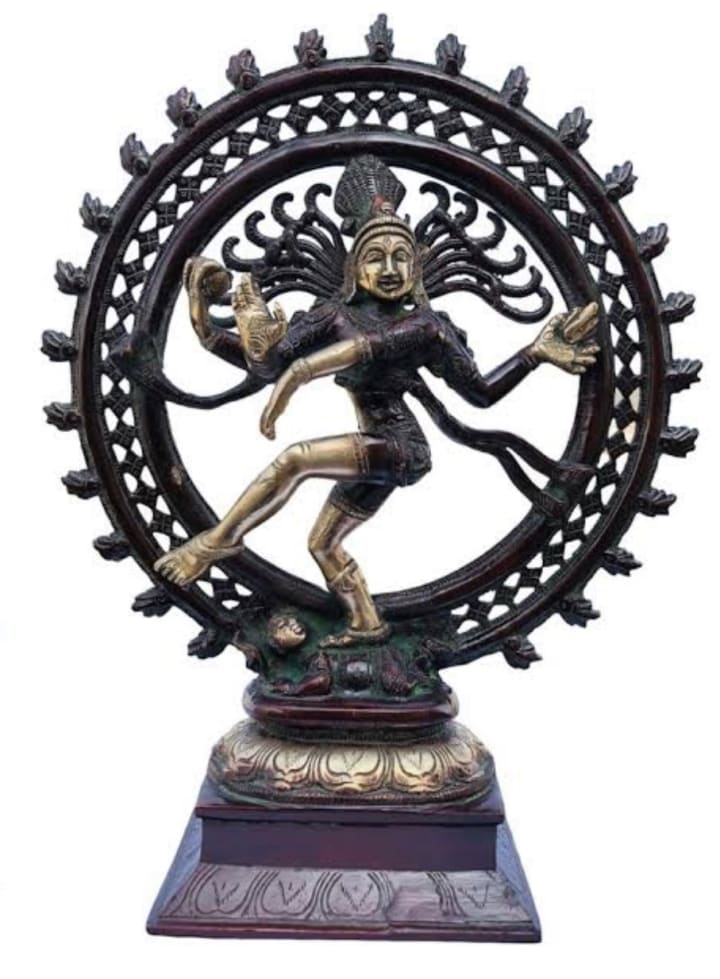
Siddha Medicine: An Ancient Holistic System of Medicine
Introduction
Siddha medicine is an ancient holistic system of medicine that originated in South India more than 5,000 years ago. It is based on the principles of Ayurveda and focuses on promoting balance and harmony in the body, mind, and spirit. The word siddha is a Tamil word derived from “siddhi” means attaining perfection in life or heavenly bliss.In this article, we will explore the key components of Siddha medicine and its relevance in modern times.
Origin
The origin of siddha is attributed to Lord shiva,who is supposed to have handed it down to his consort Parvathi, who in turn passed on the sacred knowledge to Nandi,from whom it was transmitted to the first of Siddhars.
Siddhars are the saints in India mostly in Tamilnadu,who professed ans practised an unorthodox types of Sadhana to attain liberation.They adopted principles of shiva siddhantham
Siddhars
Siddhars were ancient Tamil saints and ascetics who were the founders and practitioners of Siddha medicine, an ancient traditional system of medicine that originated in South India. The word Siddhar means "one who has attained perfection" in Tamil, and these individuals were believed to have attained spiritual enlightenment and supernatural powers through their dedicated practice of yoga, meditation, and other spiritual practices.
The Siddhars are said to have lived during different time periods and some are associated with specific doctrines and philosophical systems. They are credited with the creation of Siddha medicine and the development of various forms of traditional healing, including herbal remedies, yoga, and meditation.
The Siddhars were revered for their knowledge of Ayurveda, astrology, and other sciences, as well as their spiritual and mystical abilities. They were believed to have attained supernatural powers, such as the ability to levitate or become invisible, and were often associated with the practice of alchemy.
The Siddhars were also known for their contributions to Tamil literature and culture. Many of their teachings and spiritual practices were recorded in the form of poems, songs, and scriptures, which are still revered and studied today.
The Siddhars played an important role in the development of Tamil culture and spirituality, and their influence can still be felt today in various aspects of Tamil society. They continue to be revered as spiritual masters and healers, and their teachings and practices continue to inspire spiritual seekers around the world.

Lord shiva
Lord Shiva is a prominent figure in Hindu mythology and is often associated with healing and medicine. In many depictions, Lord Shiva is shown holding a trident or a staff, which is believed to represent the healing powers of the Siddha tradition.
According to Hindu mythology, Lord Shiva is believed to have consumed the poison that emerged from the churning of the cosmic ocean in order to save the world from destruction. This act of consuming poison is often seen as a metaphor for the transformative power of the Siddha tradition, which seeks to purify the body and mind of impurities and promote overall health and well-being.
In addition to his association with healing and medicine, Lord Shiva is also revered as a spiritual master and is often depicted in various poses of meditation and yoga. These practices are central to the Siddha tradition, which emphasizes the importance of meditation, yoga, and other spiritual practices in promoting overall health and well-being.
The Siddha tradition also has a rich mythology and folklore associated with it, which often features stories of sages and ascetics who have attained spiritual enlightenment through their dedicated practice of yoga and meditation. These stories often feature Lord Shiva as a prominent figure, serving as a teacher and guide to those seeking spiritual enlightenment

The Five Elements and Three Humors
According to Siddha medicine, the body is composed of five elements: earth, water, fire, air, and ether. These elements combine to form three humors, or doshas, known as vata, pitta, and kapha. Each humor is associated with specific physiological and psychological functions, and an imbalance in any of these can lead to disease.
Holistic Approach to Treatment
Siddha medicine takes a holistic approach to treatment, taking into account the patient's physical, emotional, and spiritual well-being. It utilizes various therapies, including herbal medicine, dietary changes, meditation, and yoga, to promote balance and harmony in the body.
Herbal Medicine
Herbal medicine is a major component of Siddha medicine, with hundreds of herbs used to treat various ailments. These herbs are typically used in the form of powders, decoctions, or oils, and are often combined with other ingredients to form complex formulas. The efficacy of these herbal remedies has been supported by scientific research, with many studies demonstrating their effectiveness in treating various ailments.
Dietary Changes
Siddha medicine emphasizes the importance of dietary changes in promoting health and preventing disease. A healthy diet is seen as essential for maintaining balance and harmony in the body, and many Siddha practitioners recommend specific dietary changes based on the patient's individual constitution and health concerns.
Meditation and Yoga
In addition to herbal medicine and dietary changes, Siddha medicine also emphasizes the importance of meditation and yoga in promoting overall health and well-being. These practices are believed to help reduce stress and anxiety, improve circulation, and promote overall physical and mental health.
Relevance in Modern Times
Today, Siddha medicine is recognized as an important traditional system of medicine in India, and there are many institutions and research centers dedicated to its study and practice. Despite its ancient roots, Siddha medicine remains relevant today, with many individuals seeking out this holistic system of medicine as a complement or alternative to modern Western medicine.
Conclusion
Siddha medicine is an ancient holistic system of medicine that seeks to promote balance and harmony in the body, mind, and spirit. It utilizes various therapies, including herbal medicine, dietary changes, meditation, and yoga, to promote overall health and well-being. With its proven efficacy and increasing popularity, Siddha medicine remains an important part of India's cultural heritage and an attractive option for those seeking a more holistic approach to healthcare.
About the Creator
Nishirtha
an enthusiastic human being





Comments
There are no comments for this story
Be the first to respond and start the conversation.